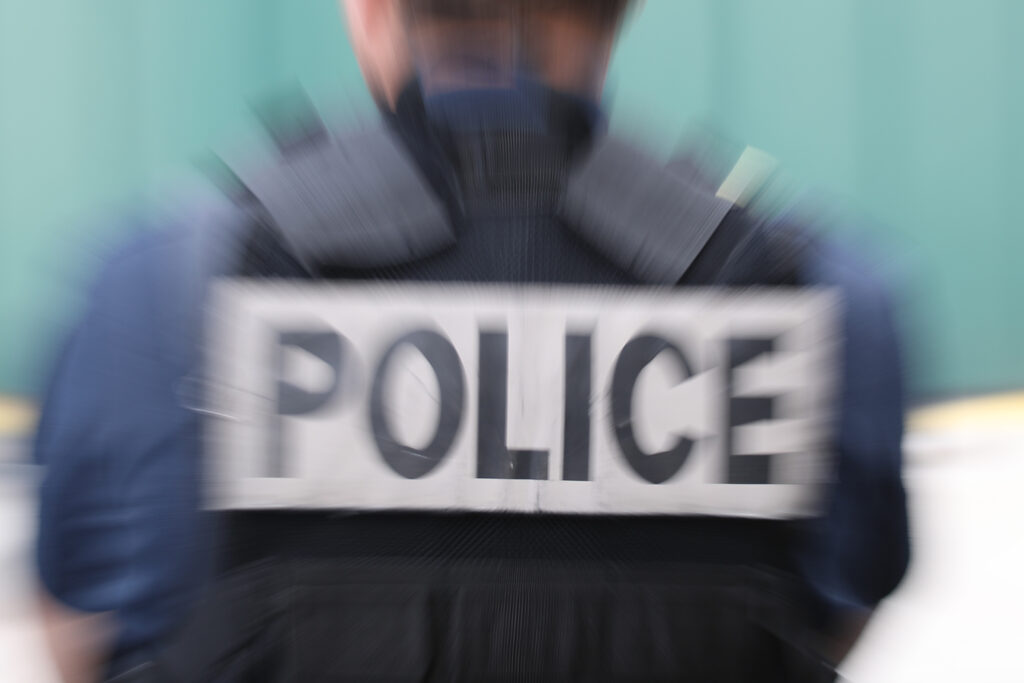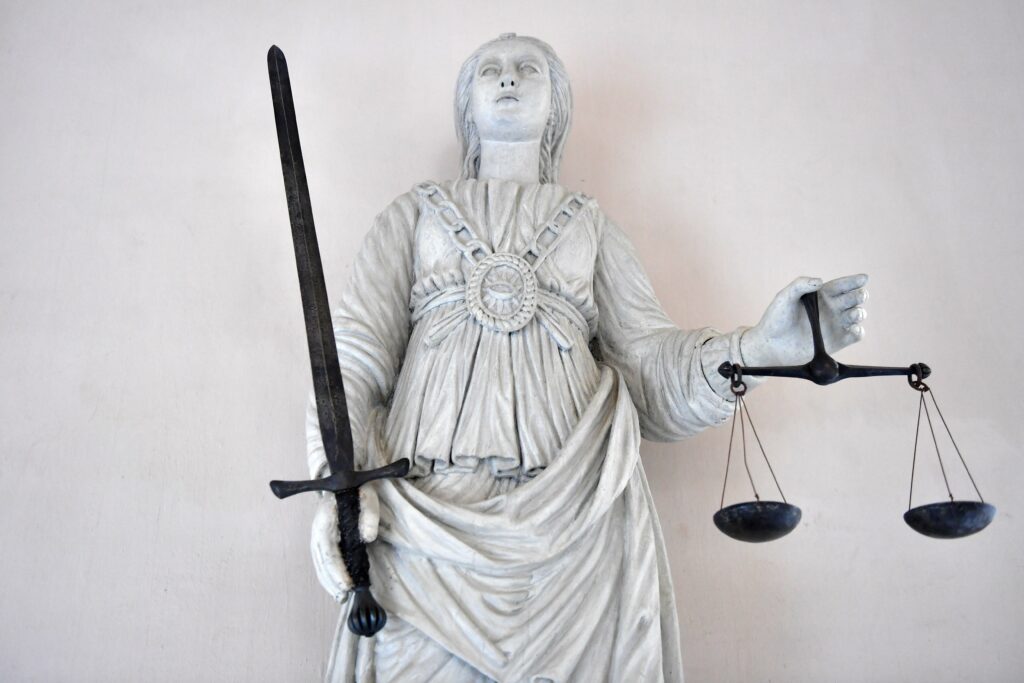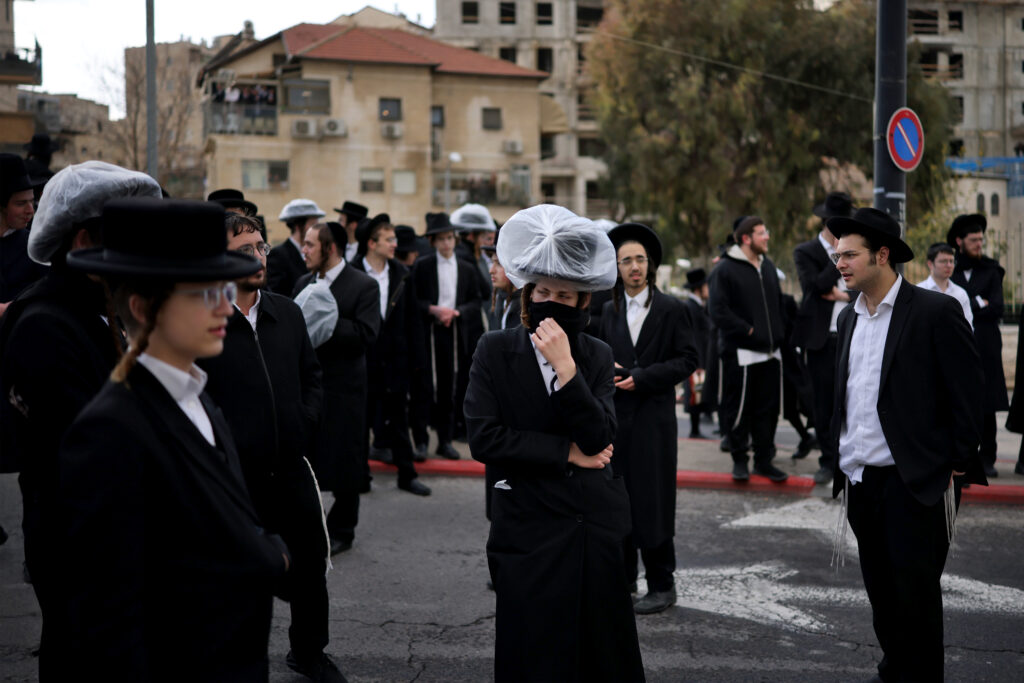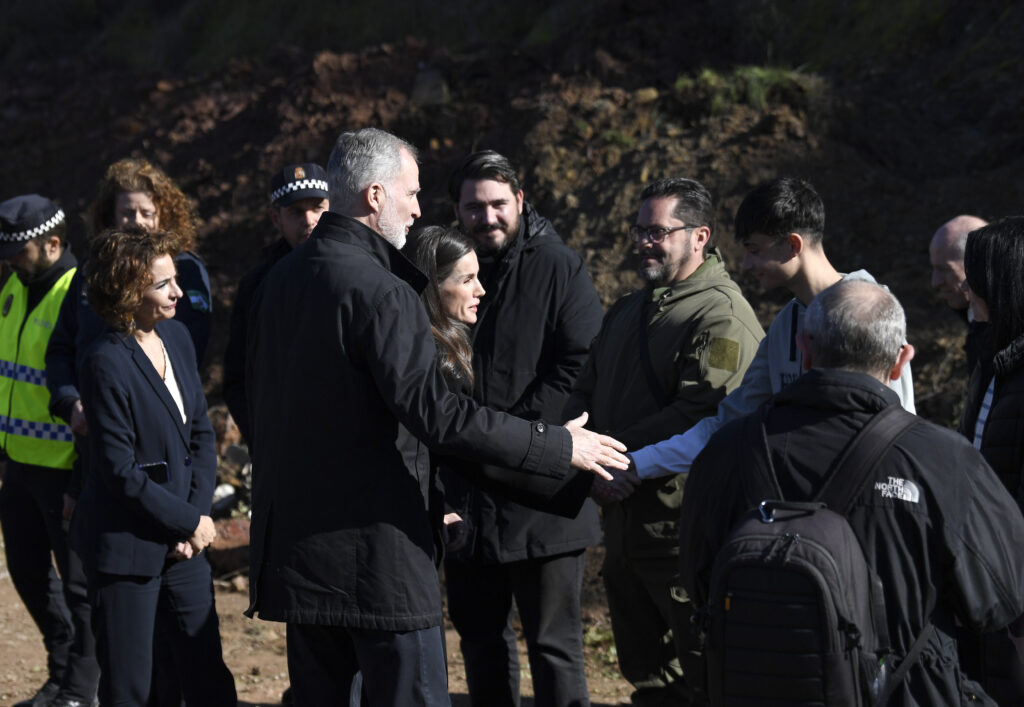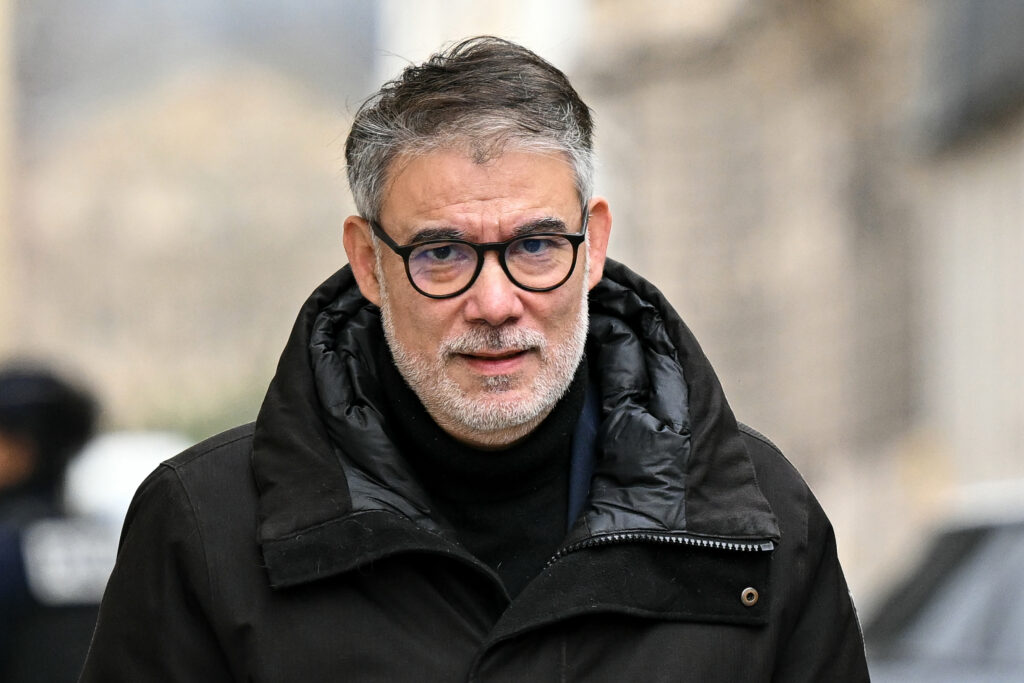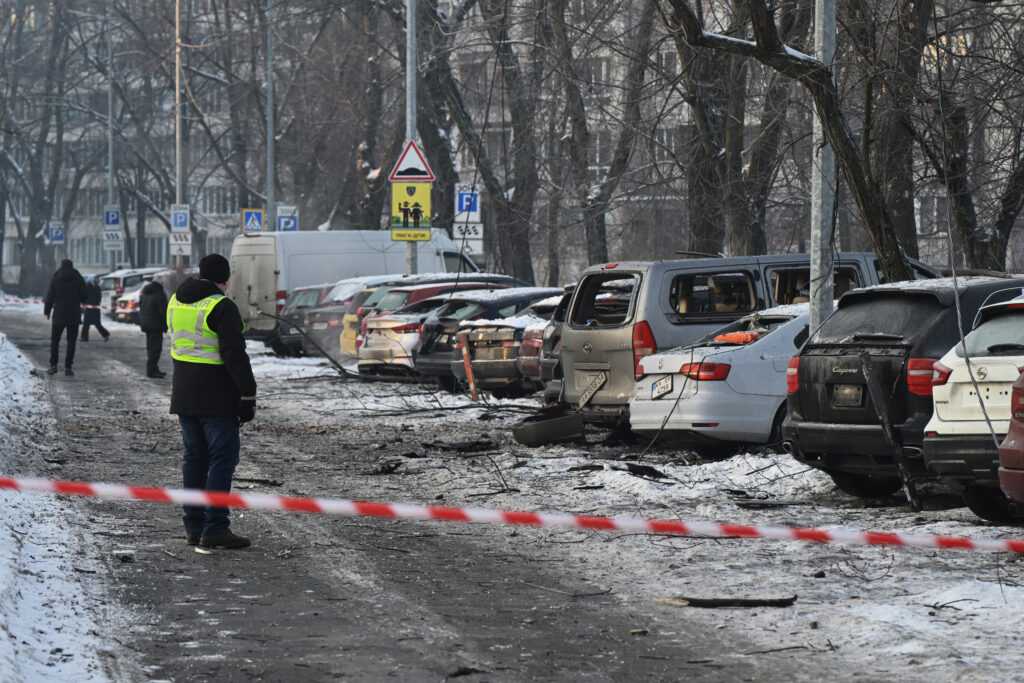Mort d’El Hacen Diarra en garde à vue: la famille réclame l’interpellation des policiers impliqués
La famille d’El Hacen Diarra, mort la semaine dernière dans un commissariat parisien, a réclamé mardi le placement en garde à vue des policiers impliqués, soulignant notamment que les résultats d’autopsie étaient “caractéristiques” d’un étranglement.Le parquet de Paris a annoncé l’ouverture d’une information judiciaire pour “violences volontaires ayant entraîné la mort par personne dépositaire de l’autorité publique” lundi soir, cinq jours après les faits et deux jours après une demande de l’avocat de la famille, Me Yassine Bouzrou.Bien trop tard pour les proches de ce Mauritanien de 35 ans, qui dénoncent des violences policières ayant conduit au décès. Sur des images captées par un voisin, on distingue deux policiers, dont l’un, à genoux, donne deux coups de poing à El Hacen Diarra, plaqué au sol. On l’entend crier: “Vous m’étranglez !”, selon l’analyse du son réalisée par la famille du défunt.Interrogé lors des questions au gouvernement à l’Assemblée nationale, le ministre de l’Intérieur Laurent Nuñez a affirmé n’avoir “aucune raison de suspendre” les policiers, tout en reconnaissant que “deux coups” ont été portés à M. Diarra.”Après cinq jours de dysfonctionnements graves et d’une communication qui a retardé l’accès à la vérité, la pratique judiciaire impose désormais des actes immédiats”, l’interpellation des “policiers impliqués” et leur présentation “sans délai” au juge d’instruction, réclame Me Bouzrou dans un communiqué transmis à l’AFP.L’avocat déplore un “délai (…) préjudiciable à la recherche de la vérité, tant en raison de l’absence de diligences immédiates que d’une communication institutionnelle exclusivement fondée sur les déclarations des policiers impliqués, sans aucun élément objectif de corroboration, présentant le décès comme un simple malaise”.- Plaie et fracture -L’avocat s’appuie sur les conclusions de l’autopsie: fracture de la corne du cartilage de la thyroïde et plaie profonde à la tempe. La première lésion, “grave et non-anodine (est) classiquement observée lors d’étranglements”, et la seconde est “incompatible avec l’hypothèse d’un malaise spontané et (traduit) des violences d’une intensité particulière”, dénonce Me Bouzrou.Le parquet a fait état de ces résultats. Mais affirme de son côté qu’ils n’apportent “pas à ce stade de certitude sur la causalité du décès”. Il assure que la fracture peut être “antérieure au décès ou consécutive à l’autopsie” et que des examens complémentaires ont été ordonnés “dont les conclusions ne seront pas disponibles avant plusieurs semaines”.Me Bouzrou dénonce également l’absence d’images par les caméras-piétons des policiers qui “n’étaient pas activées, en raison d’un prétendu défaut de batterie”, une explication “peu crédible (qui) soulève désormais la question d’une éventuelle dissimulation” de preuves. D’autant que les enquêteurs n’ont pas trouvé de caméra qui couvrirait les lieux d’interpellation, et qu’il n’y a à ce stade pas d’images de son transport au commissariat. Un appel à témoins a été lancé lundi soir par le parquet.- “Interpellation violente” -L’action et la communication du parquet, qui a confié le dossier cinq jours plus tard à un juge d’instruction, est dénoncée par la famille d’El Hacen Diarra.”Les déclarations publiques de Madame la procureure de la République (de Paris) selon lesquelles la causalité entre l’interpellation violente et le décès ne serait pas établie ne peuvent que surprendre”, déclare Me Bouzrou, qui souligne un “enchaînement factuel, médical et chronologique cohérent”.Le parquet justifie avoir d’abord ouvert “une enquête en recherche des causes de la mort”, arguant de “l’absence initiale de tout élément connu sur les causes du décès”, et pour pouvoir selon lui “immédiatement” ordonner une autopsie.Les agents qui ont interpellé El Hacen Diarra ont d’abord été entendus par des policiers d’un autre commissariat, “avant même que la saisine de l’IGPN puisse être effective”, ajoute-t-il. Il assure saisir “systématiquement” un juge d’instruction en cas de décès “dans des conditions suspectes ou inexpliquées dans un lieu de privation de liberté”.Quant au premier déroulé des faits communiqué la semaine dernière, le parquet explique qu’il a “été rapporté à la presse pour ce qu’il est: le récit des personnes entendues” – soit la version de policiers. L’un avait évoqué l’usage d’un taser, et ils avaient affirmé que M. Diarra les avait entraînés dans sa chute “à deux reprises” lors de l’interpellation.
